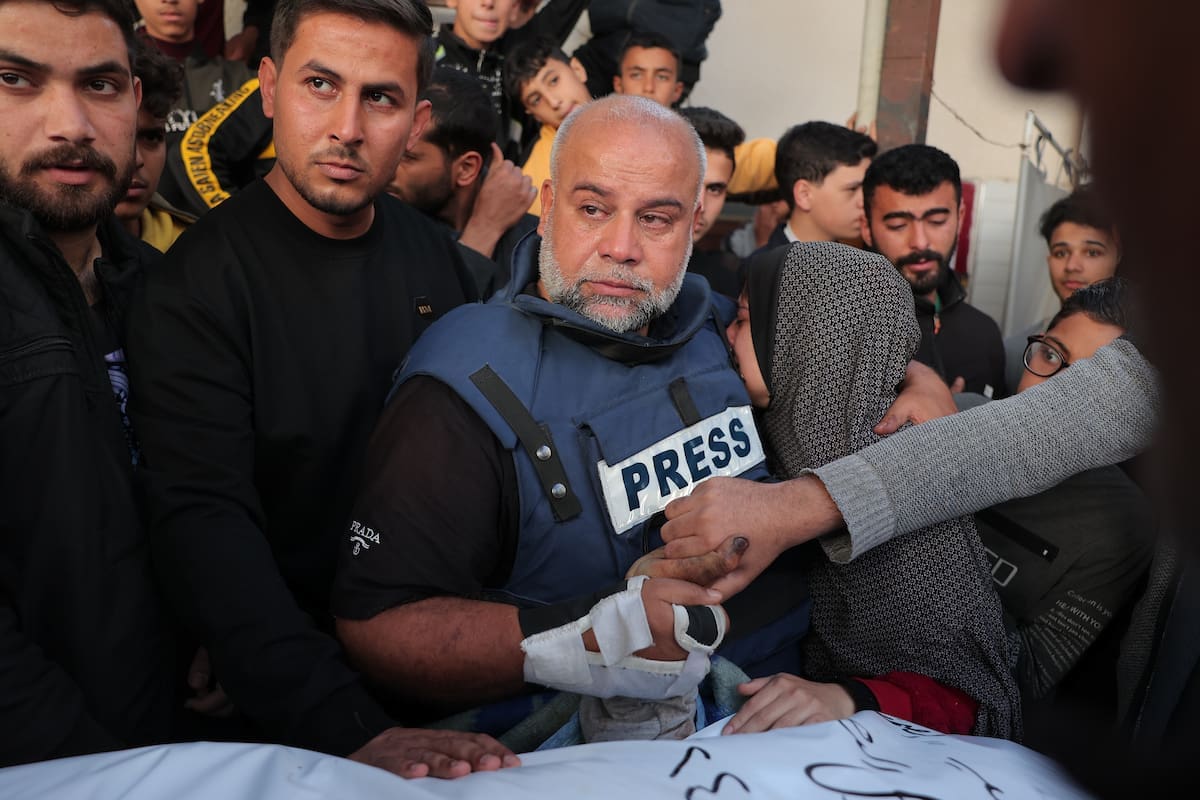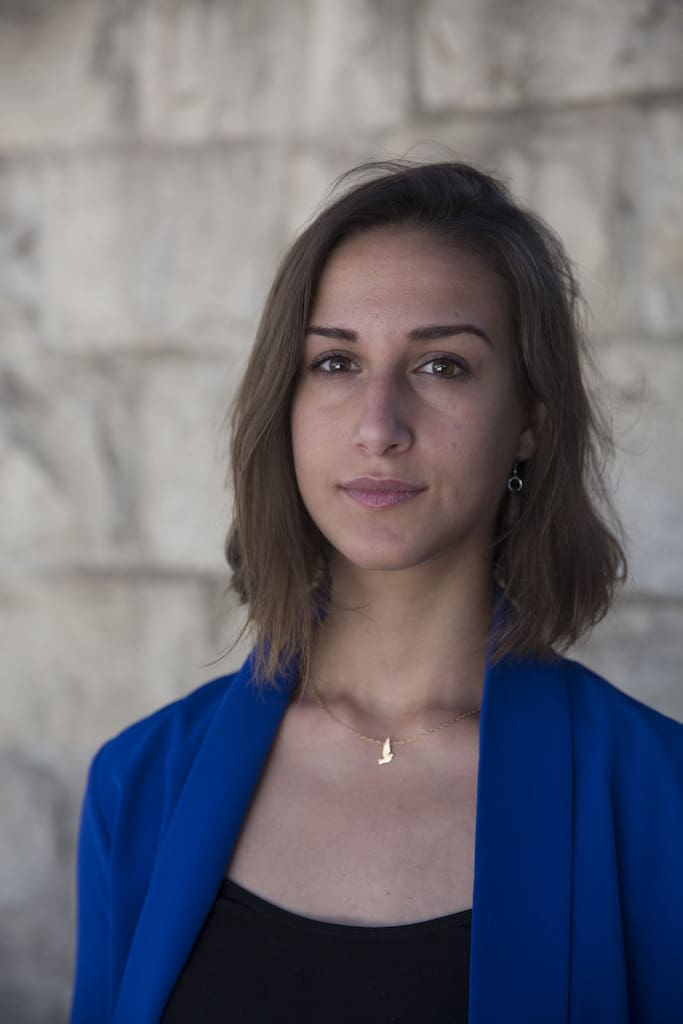
Over the last 18 months, Israeli forces have killed more than 230 journalists, primarily in Gaza but also in Lebanon and Syria. To put this in perspective, more journalists have been killed during Israel’s ongoing genocide than in both world wars, the US invasions of Vietnam and Afghanistan, and the war in Ukraine combined.
All of this is by design. These journalists are not being killed in crossfire—they are being deliberately targeted in a mass assassination campaign intended to prevent news of Israel’s war crimes from reaching an international audience. Despite the scale of this assault, Western journalists and media outlets have remained silent, allowing Israel’s unprecedented attacks on press freedom—and on the Palestinian people—to continue unchecked.
In this policy lab, Mariam Barghouti and Sharif Abdel Kouddous join host Tariq Kenney-Shawa to discuss Israel’s targeted assassination campaign against Palestinian journalists, the complicity of Western media in normalizing these crimes, and how this silence allows Israel to get away with genocide.
Mariam Barghouti is a Palestinian writer and researcher based in Ramallah. She earned a BA in English Language and Literature from Birzeit University, and an MSc in Sociology and Global Change from the University of Edinburgh. She worked as a journalist and reporter with a focus on the Levant, and published various sociopolitical commentaries from Palestine. She has undertaken monitoring and evaluation missions of humanitarian and development aid in Jordan, Palestine, and Lebanon for various governmental and non-governmental organizations. Her reporting and analysis have been featured in Al-Jazeera English, the New York Times, the Guardian, BBC, and Middle East Eye, amongst others.











